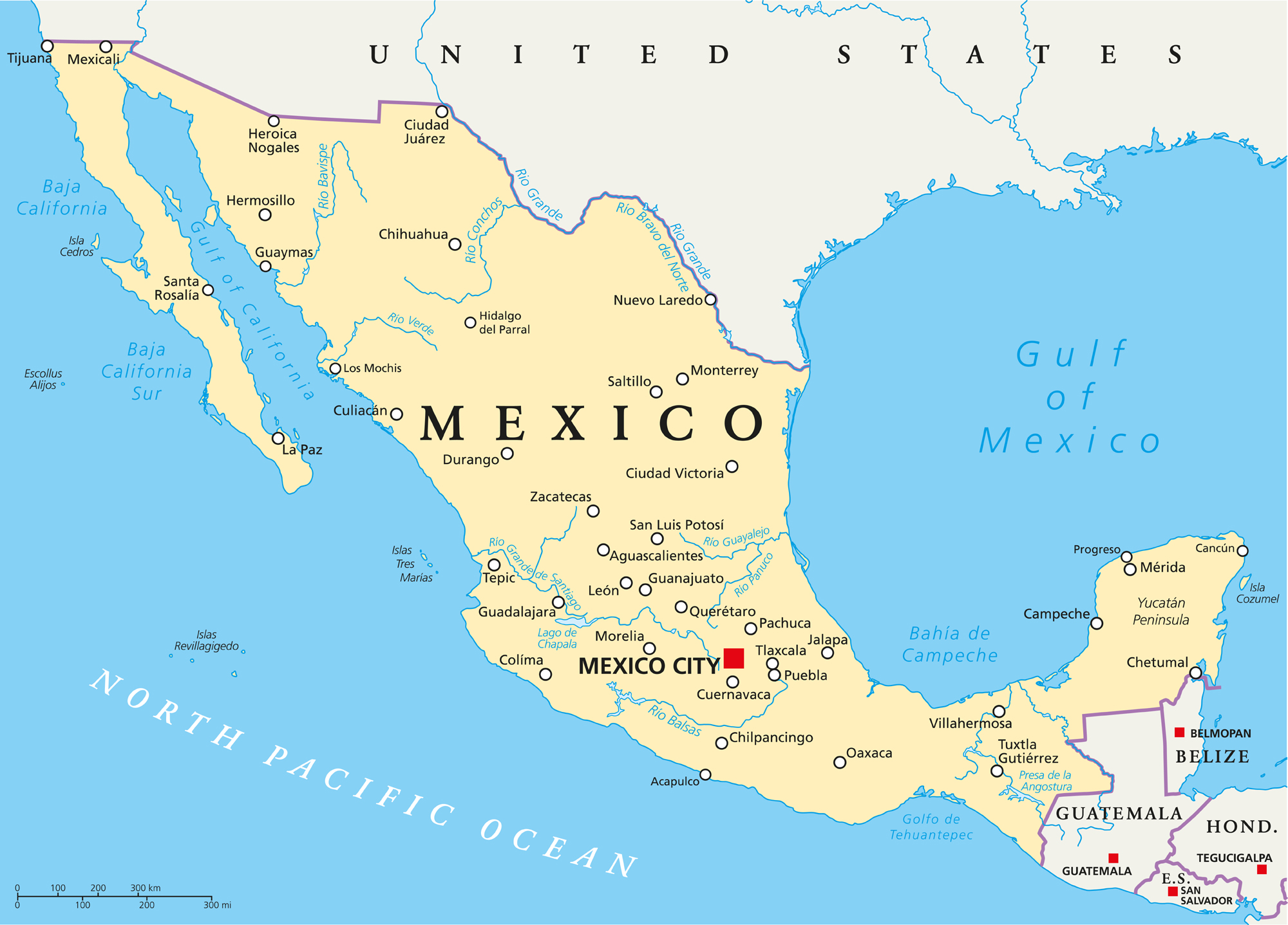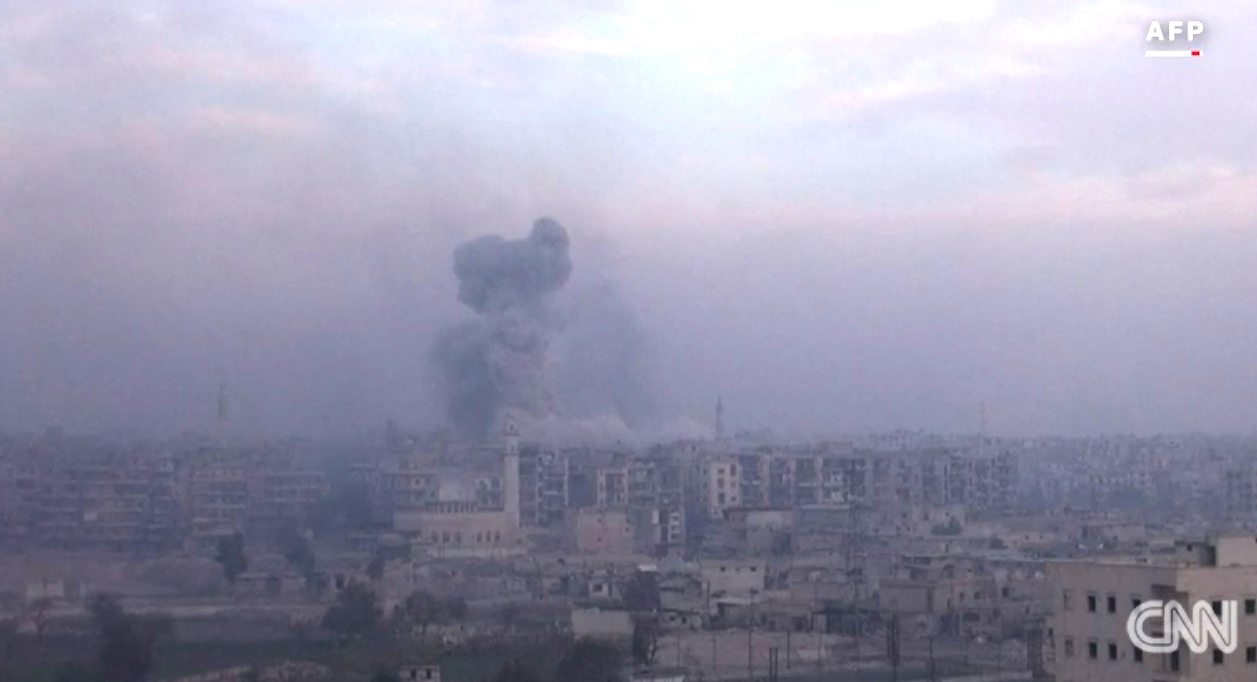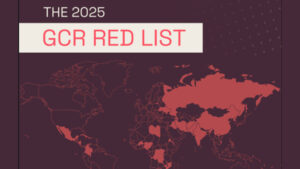
KHARTOUM, Sudan (BP) — Persecuted Christians in Sudan are safer after the nation decriminalized apostasy, ended flogging and made other reforms through the new Fundamental Rights and Freedoms Act.
[IMGONLY=54721@right@50%]Renouncing Islam had been punishable by flogging, imprisonment and death in the country where Christians comprise only 3 percent of the population.
The U.S. Commission on International Religious Freedom (USCIRF) applauded Sudan’s transitional government for establishing the new law.
“Sudan’s transitional government continues to live up to its commitment to justice, peace and freedom,” USCIRF Vice Chair Tony Perkins said Wednesday (July 15) in response to the reforms announced days earlier. “These new measures are important to protect the freedom of the Sudanese people to freely choose and practice their faith without punishment.”
According to reports, the apostasy law was replaced by an article prohibiting hate speech.
Sudan has had a blasphemy law making it illegal to insult another’s religious beliefs, with possible punishment including imprisonment, fines and up to 40 lashes, according to Georgetown University’s Berkley Center for Religion, Peace and World Affairs. USCIRF said the status of Sudan’s blasphemy law remains unclear.
Sudan has not released all details of the law, but Sudanese government officials have said the law also ends female genital mutilation said to impact more than 85 percent of women and girls there, gives non-Muslims the right to drink alcoholic beverages and abolishes the guardianship law that required women to get a permit from a male guardian to travel abroad with their children.
“We applaud the significant, historic steps Sudan is taking to safeguard the rights of women and girls and the freedom of religion or belief, and urge wide, immediate and effective implementation of these reforms,” said USCIRF Vice Chair Anurima Bhargava. “We also urge Sudan to continue with necessary legislative reform, including repealing the country’s blasphemy law and ensuring that laws regulating hate speech comply with international human rights standards and do not impede freedom of religion or belief.”
Hate speech laws in Africa can be so broad or vague that they operate as blasphemy laws and similarly restrict religious freedoms, USCIRF said in its December 2019 report, “Apostasy, Blasphemy, and Hate Speech Laws in Africa.”
The 2019 progress of Sudan’s transitional government led USCIRF for the first time in 20 years to recommend the U.S. State Department not designate Sudan a “country of particular concern” for “systematic, ongoing and egregious violations of religious freedom.” Instead, USCIRF recommended the country be placed on the State Department’s Special Watch List.
Sudan’s reform comes after 30 years of Islamist rule under autocrat Omar al-Bashir, ousted in April 2019 and now imprisoned.
Open Doors USA, in its 2020 World Watch List, placed Sudan seventh on the list of the 50 countries where it is most difficult for Christians to practice their faith.
Sudan’s 43.1 million population is 97 percent Muslim, primarily Sunni, with a range of Muslim minority groups and Sufi orders, according to State Department figures. Evangelicals are included among Christians that comprise 3 percent of the population, including Coptic, Greek, Ethiopian and Eritrean Orthodox; Roman Catholic; Anglican; Presbyterian; Pentecostal; Seventh-day Adventist; and Jehovah’s Witnesses.



















